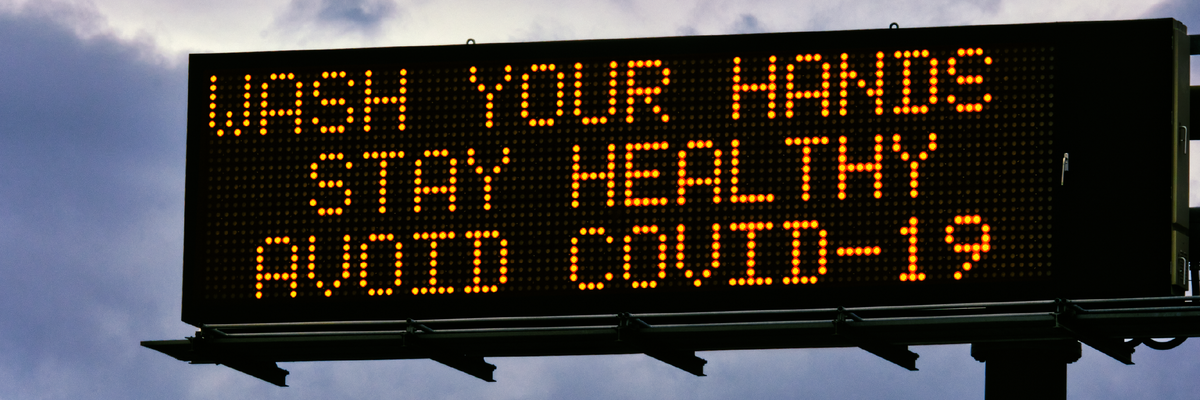A survey of 25 countries shows that many people believe TV news while political leaders and social media feeds are considered less trustworthy
The pandemic has provided fertile ground for conspiracy theories and disinformation, which have gained wide traction in some countries. While those insisting that drinking bleach or eating raw garlic will prevent COVID appear to have gone quiet, distrust could still hamper the vaccine rollout globally.
Data from the YouGov-Cambridge Globalism Project shows that in many countries a majority are inclined to trust national television news on coronavirus. People in Thailand (80%), Nigeria (74%) and Denmark (73%) are most likely to attest to this, while trust is lowest among Greeks, Poles and Mexicans at 35% each.
Danes (77%), Thai people (72%) and Indians (69%) similarly have the highest faith in their national broadcaster, while Poles (23%), Spaniards (29%) and Hungarians (35%) score lowest.
In Britain, half of the public trust the TV news channels (50%) and the BBC (50%), while only a third (33%) are inclined to believe COVID information in broadsheet newspapers.
Broadsheets have the highest levels of trust in Brazil and Thailand (both at 75%), while only a quarter of Hungarians (24%) say they would take information on coronavirus in a newspaper at face value.
Indians are the most likely to believe what their government says about COVID at 72%, closely followed by Denmark (73%). Meanwhile, Poles (23%) and Spaniards (28%) are the least convinced. Among Britons fewer than half (42%) have faith in coronavirus information coming from Westminster.
The pattern is similar for who trusts their political leader to speak the truth about the pandemic, with India top (72%) and Poland bottom (24%).
Much disinformation has been spread through social media, and while this is generally the medium the surveyed populations are most sceptic of, it does have high levels of trust in some places.
Three quarters of Chinese people (74%) say commentary on social media feeds around COVID tends to be accurate, although it’s possible that this is linked to a lack of press freedom.
Nigerians (57%) and Thai people (49%) also say they mostly believe social media information on coronavirus, while Britons and French people are the least likely to do so at 11% each.







